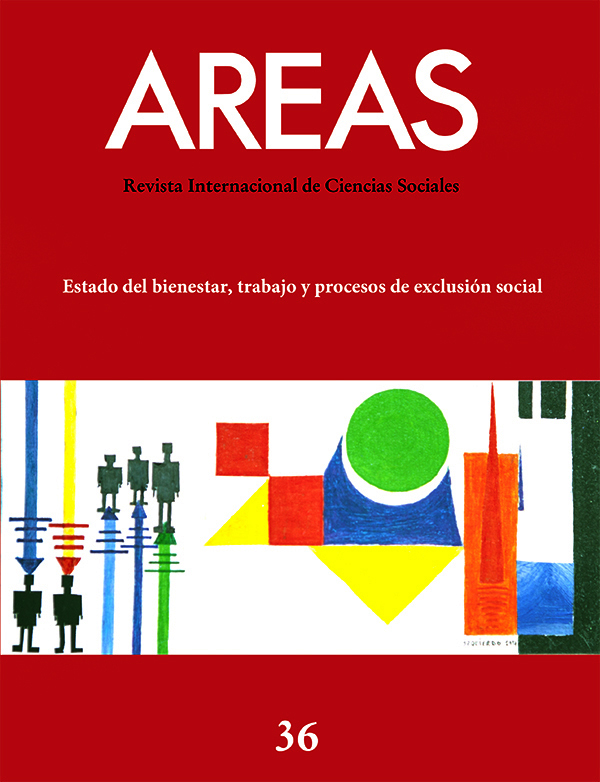The speculative-parasitic fictitious capital leads the capitalism. The recrudescence of inequality, exploitation, unemployment, precariousness, poverty, despotism and dispossession
Abstract
As automation advances the productive capital raises obstacles more difficult to overcome: sustained loss of profitability and exhaustion of exponential growth, increasing inability to generate employment and to realize profit. With this, the importance and role of capital in its money form, interest-bearing capital in their more fictitious and speculative-parasitic version, soars. The “financialization” is nothing but the exacerbation of this version, not a cause but rather dependent of the decline in industrial profitability. Nevertheless, the rise of speculative-parasitic fictitious capital is deeply molding productive capital and helping to deepen some dramatic dynamics: selection of productive investment that eliminates employment or impoverishes it, brutalization of labor markets, accumulation without growth, dispossession of collective wealth and acceleration of inequality, among others. Thus the very viability of society is compromised.
Downloads
-
Abstract716
-
PDF (Español (España))2421
The published works by this Journal are subject to the following terms:
1. The Publication Service of the University of Murcia (the Editor) owns the copyright of its publications. It promotes and allows its use under the indicated licence in Section 2.
© Servicio de Publicaciones, Universidad de Murcia, 2011
2. Papers are digitally published under the licence Creative Commons Reconocimiento-NoComercial-SinObraDerivada 3.0 España (legal text). They can be copied, used, disseminated, transferred and publically presented if: i) the author is quoted, as well as the original source of publication (Journal, editorial and URL); ii) they are not used for commercial purposes; iii) the licence of use is mentioned.
3. Auto-file Conditions. It is allowed and authors are encouraged to digitally disseminate their pre-print versions (versions prior to review) and/or post-print (reviewed version accepted for its publication) since it promotes its early diffusion and the corresponding increase of quotes and scope within the academic community. RoMEO Colour: green.


